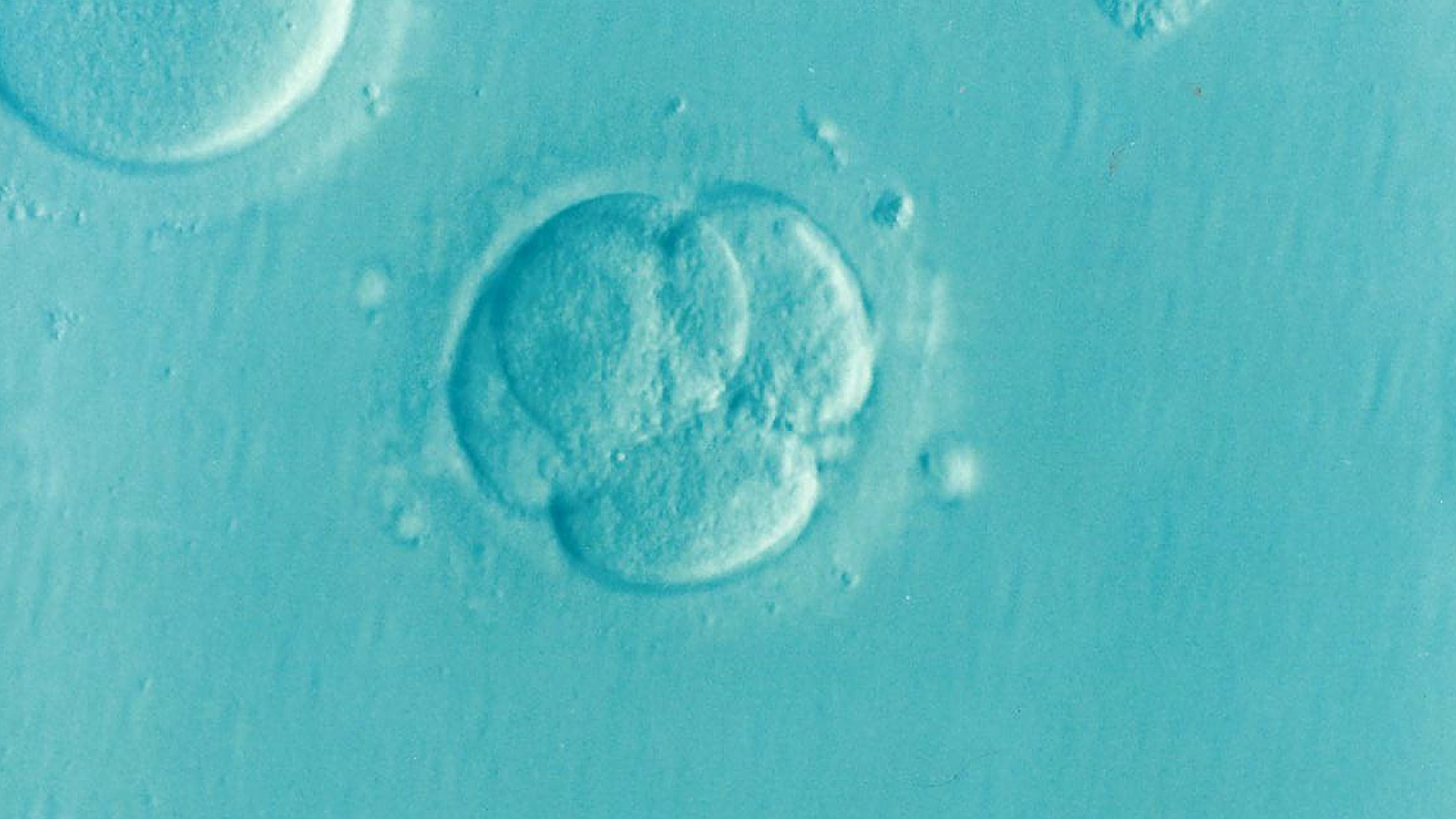Aggregated News

Screening embryos during in-vitro fertilization to select those with fewer genetic risks for common diseases and certain physical traits is technologically and ethically questionable, a group of researchers have said in a new study.
The Japan Society of Obstetrics and Gynecology currently approves preimplantation screenings only to reduce the possibility of a miscarriage or prevent the birth of a child with a serious genetic disease.
A child's appearance, or their risk of developing cancer, heart disease, or a mental illness, are generally considered impossible to predict.
But in recent years, interest has grown worldwide in the genetic testing of embryos — called preimplantation genetic testing for polygenic disease risk (PGT-P) — among couples trying to conceive through IVF.
Some clinics abroad have started offering PGT-P to select embryos based on their genetic risks of developing certain common diseases such as diabetes and heart disease, or traits such as height, before they are implanted in the uterus.
A small number of children have been conceived and born using this emerging technology, while no such case has been reported in Japan, according...



